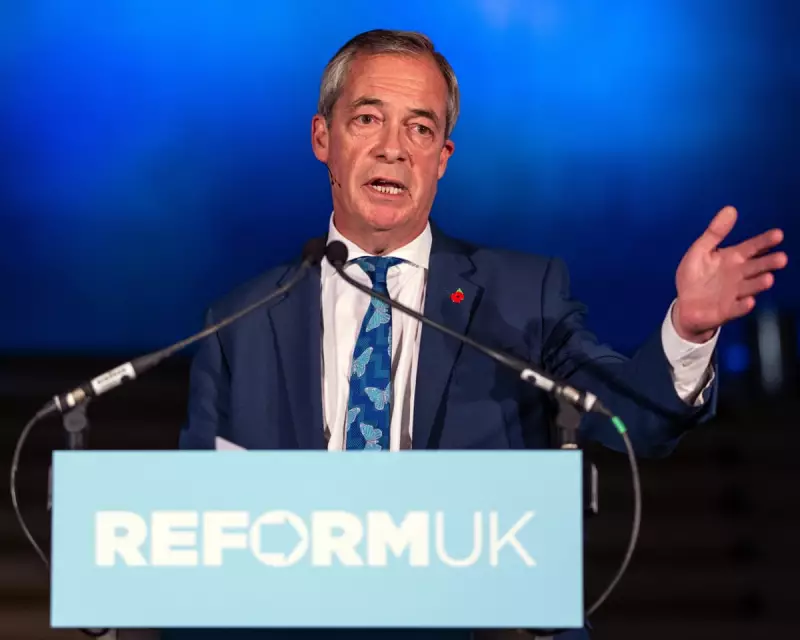
In a stunning reversal that has sent shockwaves through Westminster, Nigel Farage has dramatically abandoned his central election promise to deliver £90 billion in tax cuts, admitting the flagship policy was fundamentally "undeliverable."
The Great Backtrack
The Reform UK leader, who had built his campaign around sweeping tax reductions, now claims the pledge was merely an "illustration" rather than a concrete commitment. This remarkable U-turn comes just months after Farage positioned himself as the standard-bearer for radical tax reform, directly challenging Rishi Sunak's Conservative government.
Speaking to reporters, Farage delivered a masterclass in political backtracking: "It was an illustration of what could be done. It was not deliverable. It was an illustration." The repeated emphasis on the word "illustration" has done little to quell the growing anger within his own party ranks.
Internal Rebellion Brews
The policy reversal has ignited a firestorm of criticism from within Reform UK itself. Senior party figures who had championed the tax cut agenda now find themselves defending what opponents are labelling as "fantasy economics."
One Reform insider confessed the original £90 billion figure was essentially "plucked from the air" without proper economic modelling, raising serious questions about the party's policy development process.
Political Fallout Intensifies
The timing couldn't be worse for Farage, who has seen his party's polling numbers stagnate despite high-profile media appearances. Critics from across the political spectrum have seized upon the U-turn as evidence that Reform UK lacks the seriousness to govern.
Conservative MPs, who have watched Reform chip away at their right flank, are now openly questioning Farage's credibility. "This exposes the fundamental dishonesty at the heart of their campaign," one senior Tory remarked.
What Comes Next?
With the tax cut promise now officially shelved, Reform UK faces an identity crisis. The policy was central to their appeal among disaffected Conservative voters, particularly those struggling with the cost of living crisis.
As one political analyst noted: "When you build your entire campaign around one big, bold promise and then withdraw it, you're left with very little substance. This could prove catastrophic for their electoral prospects."
The question now haunting Westminster corridors is whether Farage's admission represents a moment of political maturity or the beginning of the end for Reform UK's relevance in British politics.





